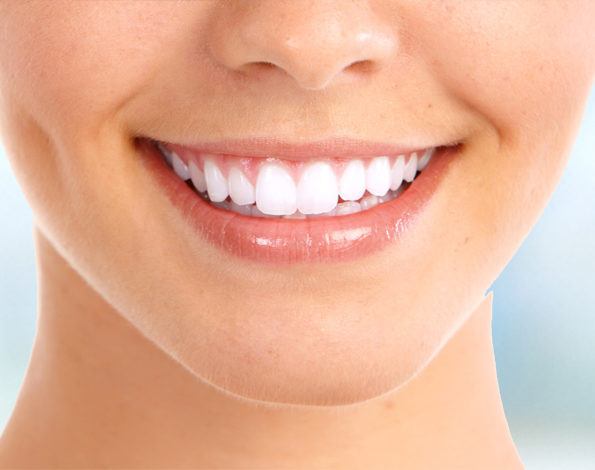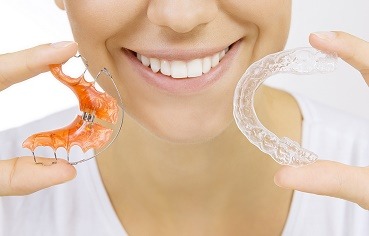Implant-supported bridges are attached to two dental implants, instead of the surrounding teeth. These bridges are stronger and more natural-looking than a traditional bridge. However, the dentist might delay installing the implant-supported bridge for several reasons.
Summary:
– You have untreated oral conditions like periodontitis, sensitivity and oral cancer.
– You have an insufficient amount of jawbone, meaning you require bone grafting to qualify.
If you have missing teeth, visit the dentist for dental implants. Also, brush and floss your teeth twice daily to avoid plaque.
If you are interested in an implant-supported bridge, talk to your dentist. With treatment to prepare your mouth and jaw, you may become a good candidate.
Read more here:
https://yourdentalhealthresource.com/who-is-a-candidate-for-an-implant-supported-bridge/

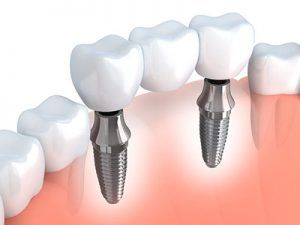

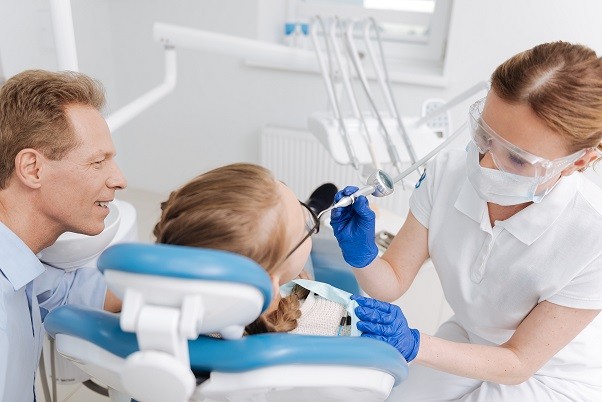

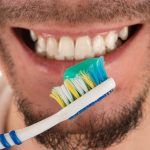 Most people will feel some discomfort or sensitivity in the days immediately after receiving a dental bridge. It can take a little bit of time to adjust to the feel of a new bridge after its fitting by your dentist.
Most people will feel some discomfort or sensitivity in the days immediately after receiving a dental bridge. It can take a little bit of time to adjust to the feel of a new bridge after its fitting by your dentist.
